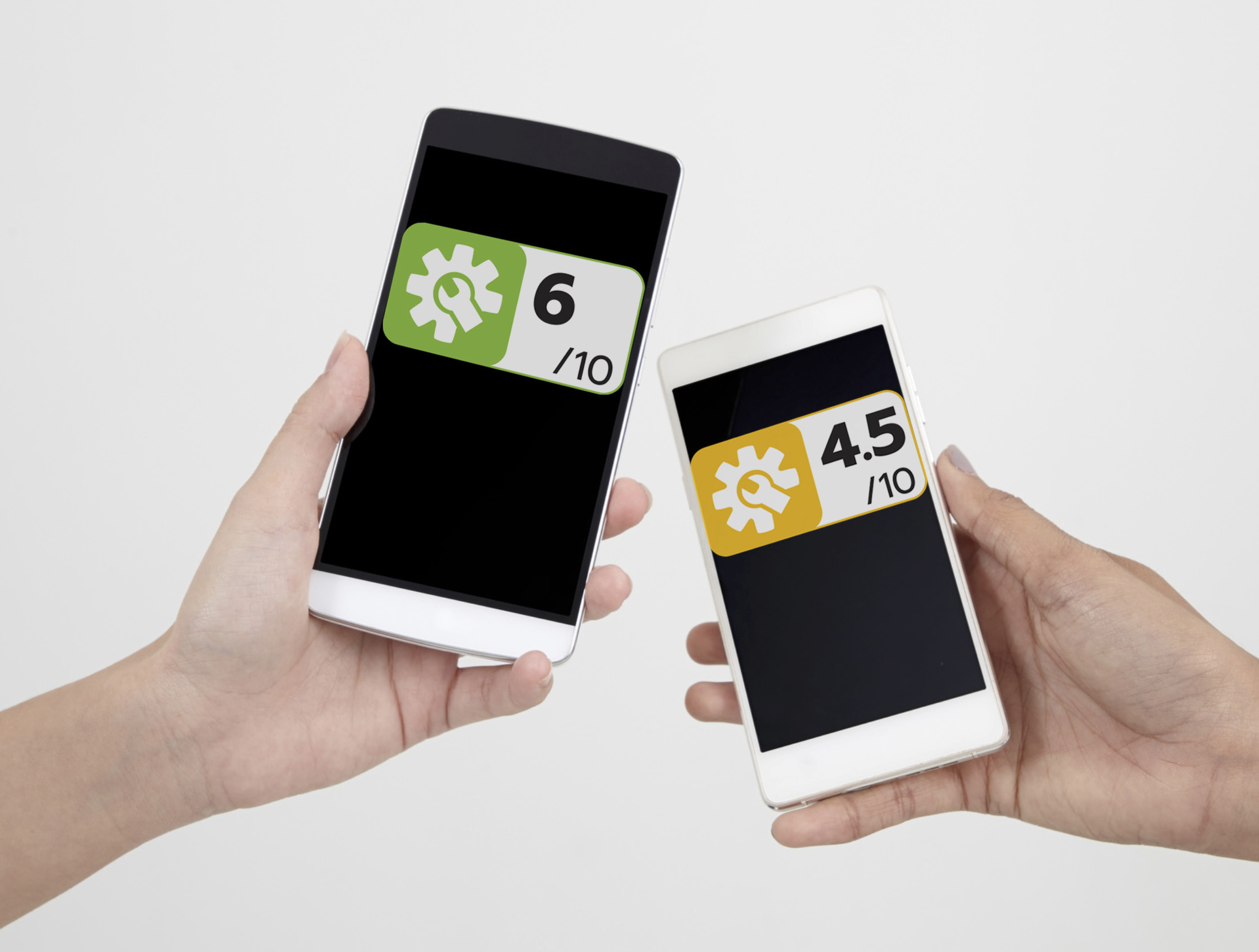States Have A Chance To Throw Out Polystyrene Foam In 2018
Sure, it keeps your coffee hot. But polystyrene foam, what most of us call Styrofoam, is clogging our landfills, littering our streets, and polluting our parks, rivers and oceans. Nothing we use for a few minutes should threaten our health and pollute our environment for hundreds of years. It’s time to say goodbye to take-out plastic foam cups and containers.
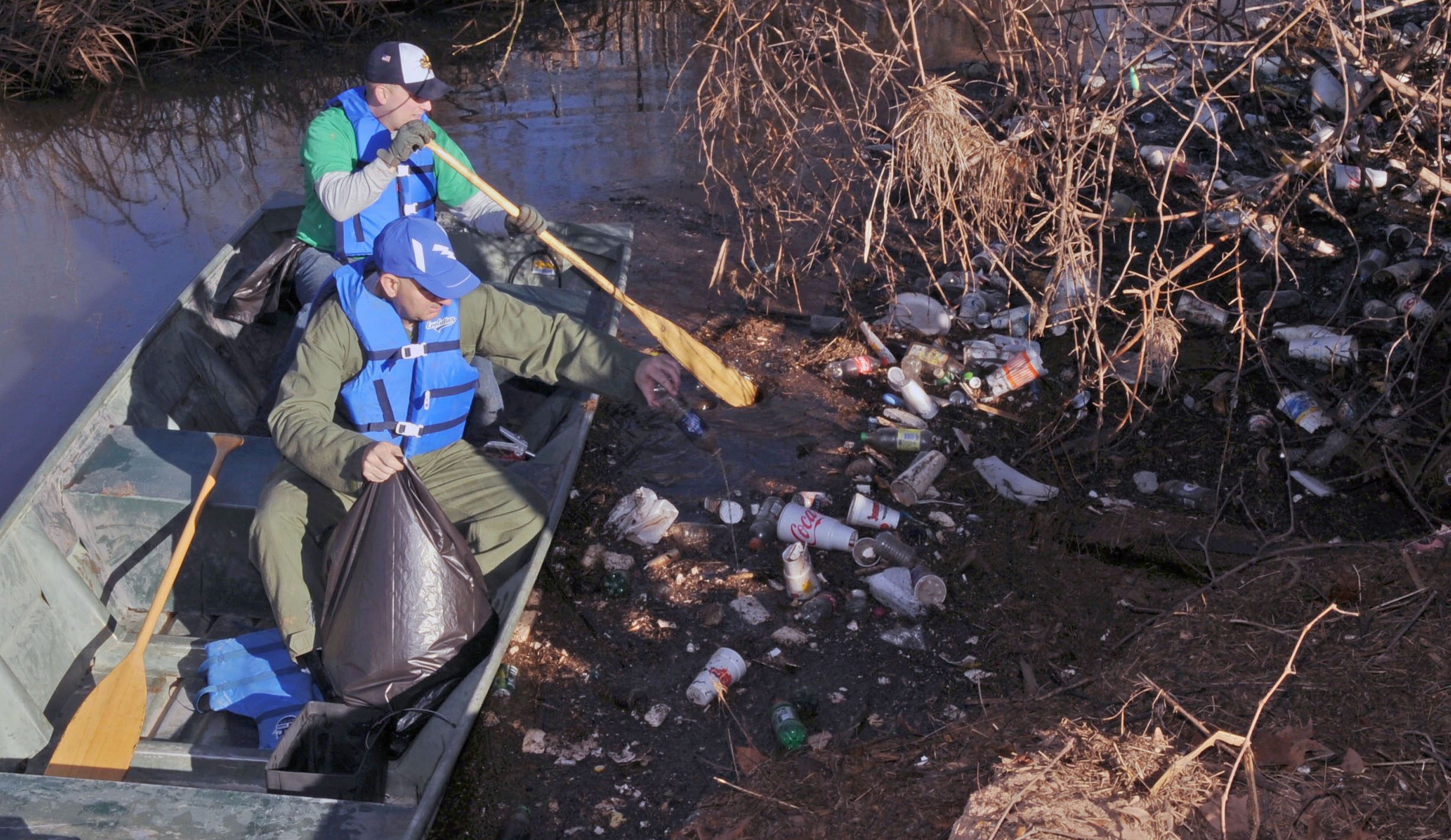
Plastic is everywhere. It’s cheap, lightweight and can take many forms to suit our needs.
But there’s some plastic that doesn’t belong in 2018. Consider the take-out foam cup and its frequent companion, the take-out foam container.
Scientists are still documenting the scope of plastic pollution and investigating its effects. But for decades, we’ve known that one of the worst forms of plastic pollution is polystyrene foam—what most of us call Styrofoam.
The Environmental Protection Agency estimates that we produce more than 3 million tons of polystyrene every year, and Americans throw away an estimated 25 billion polystyrene cups every year, or about 82 cups per person.
Sure, it keeps your coffee hot. But polystyrene also persists in the environment—every bit of it is still out there, with much of it clogging our landfills, littering our streets, or polluting our environment.
Polystyrene is floating in our rivers, lakes and oceans and defacing our beaches and parks. It’s poisoning the wildlife that all too often mistake our trash for food. Plastic waste is so pervasive that it’s even in our bottled water.
Nothing we use for a few minutes should threaten our health and pollute our environment for hundreds of years—especially when it’s “stuff” we don’t need.
This mantra has stuck with us as we’ve sought to reduce the amount of waste our country produces. Over the decades, our network has worked together to win more than 54 pro-recycling laws, plastic bag bans, and other policies to reduce, reuse and recycle waste in 16 states—from stopping the repeal of Oregon’s first-in-the-nation Bottle Bill in the early 1970s to overhauling Connecticut’s waste and recycling programs in 2014.
Most recently, our network partner Environment California celebrated a big victory for waste reduction when California passed the first statewide ban on single-use plastic bags.
Now, U.S. PIRG and Environment America are running coordinated campaigns in more than 25 states to ban plastic foam cups and take-out containers.
Of course, there are plastics companies and some consumers who don’t like this idea. Earlier this year, their opposition helped block a bill banning plastic foam containers in California. But across the country, polystyrene foam bans have passed in more than 200 cities and communities, and some companies are also getting with the program: Both McDonald’s and Dunkin Donuts have committed to phasing polystyrene out.
It’s time to say goodbye to take-out plastic foam cups and containers. We need to sweep past the special interests who want to stick with polystyrene—so we’re shining a spotlight on the issue in the media and online, going door to door to spread the word and mobilize public support, and speaking out in state capitols across the country. We know how to combine professional research and advocacy with citizen support, and our network’s combined efforts can help us win real results.
If we succeed in banning single-use polystyrene items, we’ll see a difference in cleaner parks, streets, beaches and waters, decreased exposure to toxic materials for humans and wildlife, and less overall waste choking our planet. We’ll see a cleaner, healthier, and more sustainable future to leave to our children and grandchildren. This is something we can do right now, in states across the country.
Tell your elected leaders to stop trashing our future by banning polystyrene cups and containers now.
Topics
Authors
Alex Truelove
Find Out More
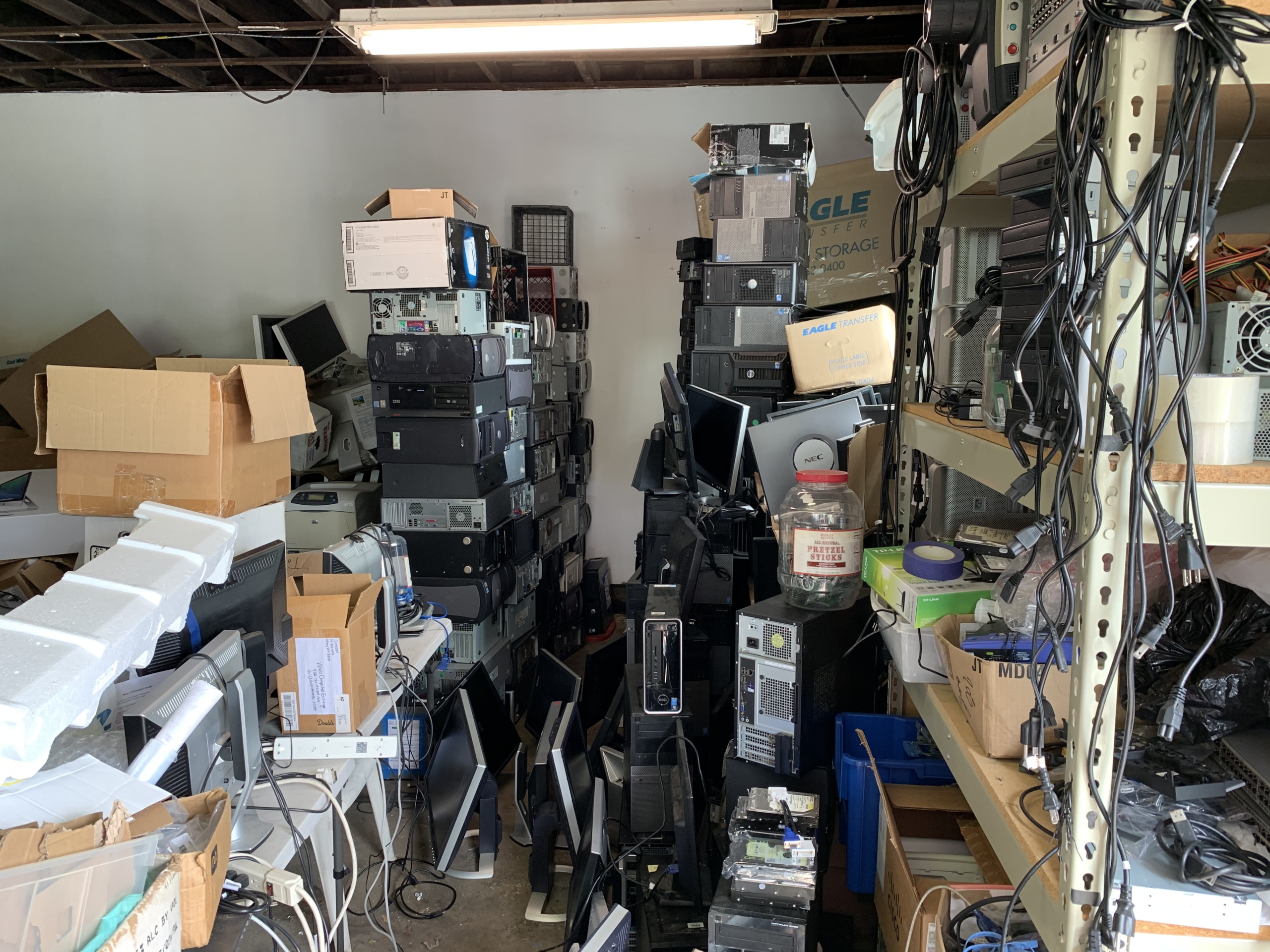
Why do we toss working devices?
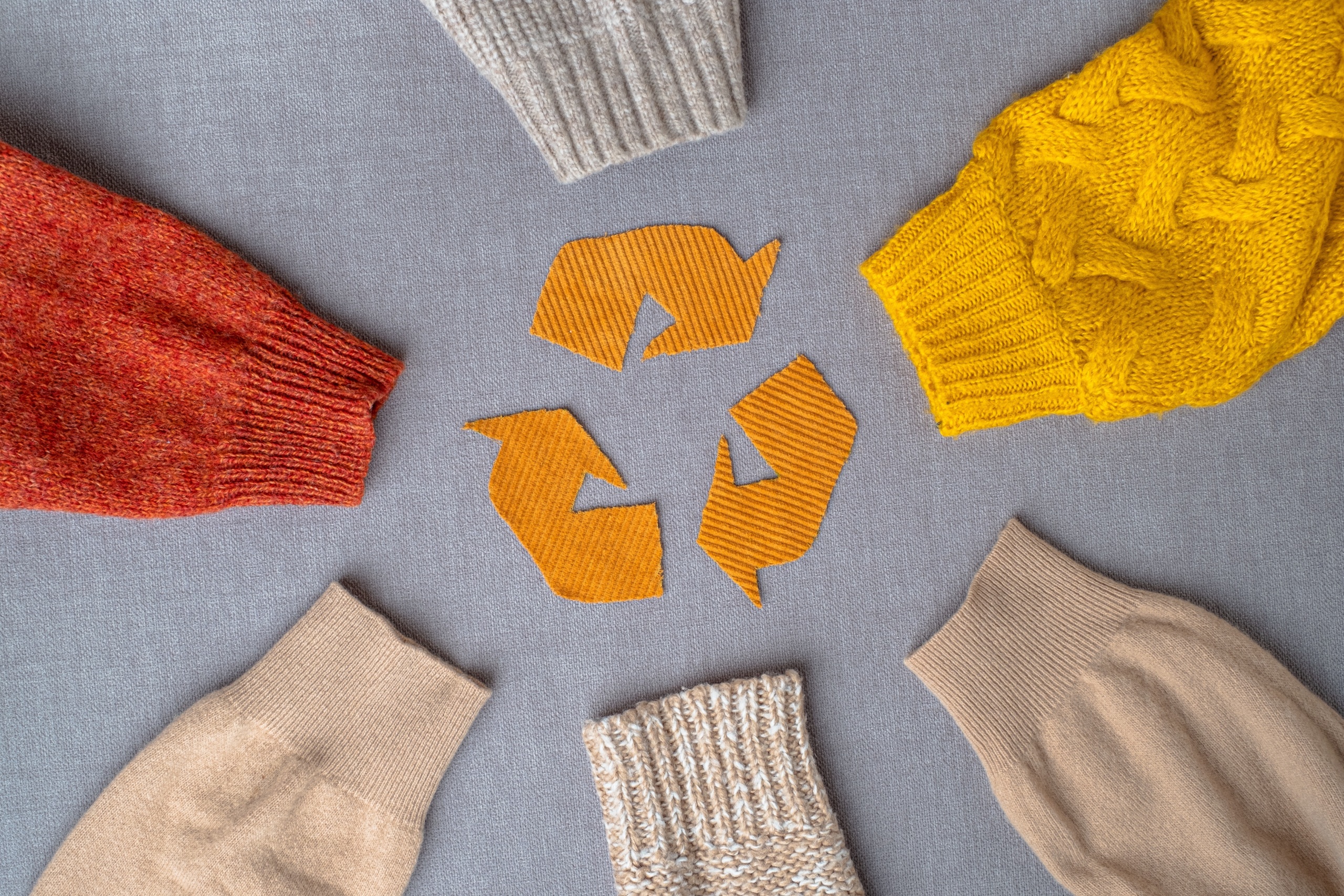
Voices for Sustainable Fashion
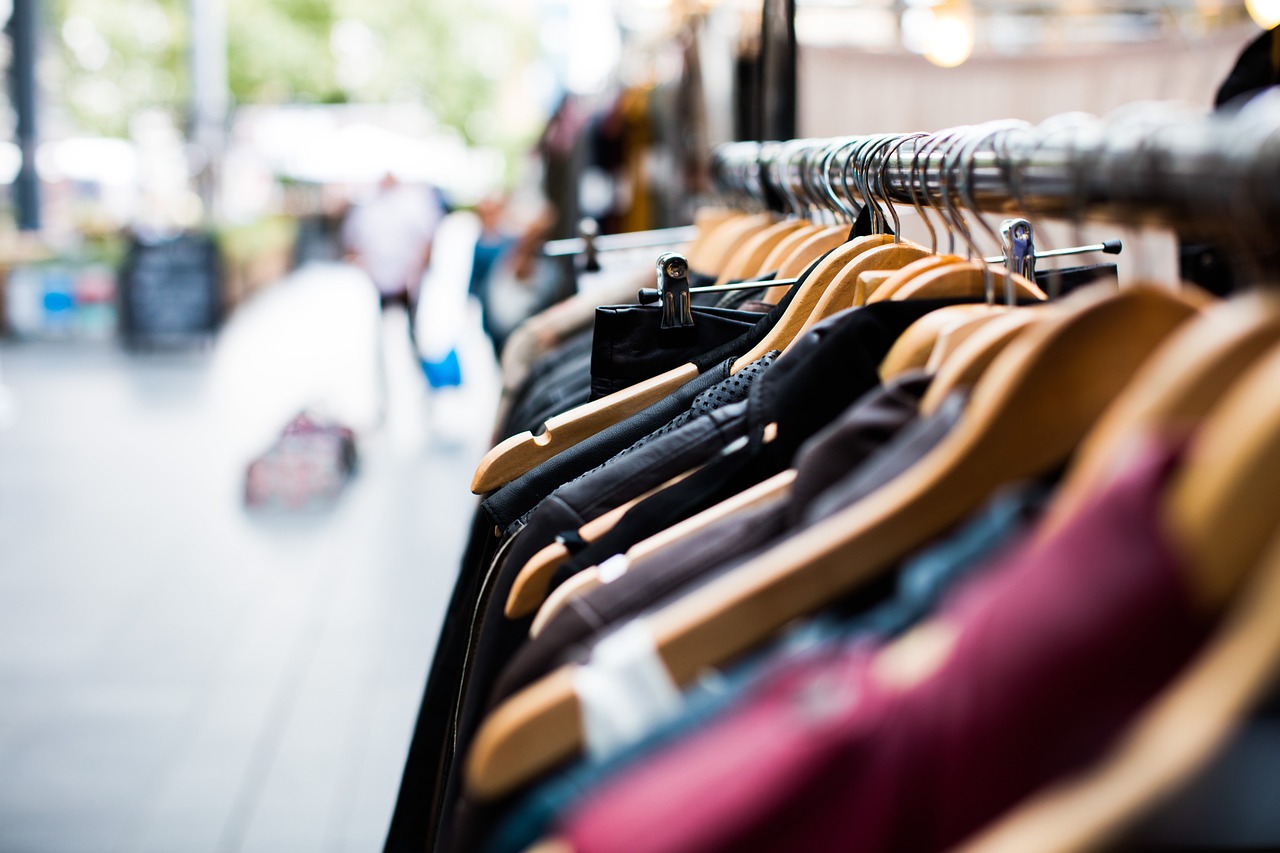
Most of our clothes are made from fossil fuels: Here’s why that’s a problem
